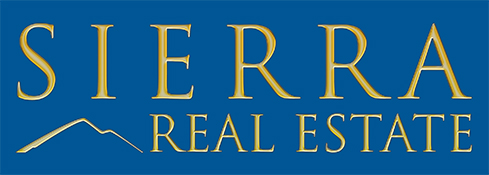You would never turn your home over to a stranger, so choosing a property manager shouldn’t be any different – finding one you trust is vital.
“You are entrusting probably one of the biggest investments you’ll make into the hands of someone else, so you want to make sure you feel confident that they’ll handle things the way you want them to,” says Grace Langham, CEO of Nest DC, an award-winning boutique property management firm in Washington, D.C.
Dependability and trustworthiness are two key points all homeowners should keep in mind when assigning their home or condo to the loving care of a third party. But before handing over the keys, consider these six other factors to help you find the right property manager.
Communication
With so many players involved – owner, tenant, and manager – communication is critical. Some owners prefer lots of updates, while others want few. Regardless of your desired amount of communication, the quality of it is crucial.
A property manager’s availability and response rate get to the very heart of their job. In your initial contact, look for clues about their speed, courtesy, and availability.
“Once signed on, a good manager will do what it takes to keep you in the loop, whether you prefer emails, phone calls, or texts,” Langham says.
Residents
When it comes to renters, a property manager’s duty is twofold: Find quality residents, and ensure they are treated fairly.
Happy renters often stay in a residence longer, and are more reasonable when things break. That said, finding good residents requires legwork.
“Bad tenants can be one of the most costly things for an owner,” says Nathan Miller, president and founder of Rentec Direct, a property management software company.
Evictions are expensive, especially when owners are forced to forgo several months’ rent, and damage can be costly. That’s why running a credit check and performing a background screening for criminal and eviction reports are musts, according to Miller.
Fees
Property management fees tend to be fairly standard, Miller says – usually between seven to 15 percent of a month’s rent, but most often around 10 percent. Sometimes, a condo may cost slightly less than a stand-alone house because there’s less home and yard to maintain.
The owner is also on the hook for maintenance costs, and often pays a finder or leasing fee – up to a full month’s rent – when a new resident moves in Ask if you will still be charged, even if the unit stands empty.
Some property managers also charge a lease renewal fee and sometimes tack on a project management fee when dealing with excessive bureaucracy or paperwork, such as insurance claims. Verify the fee structure and services provided before signing any contract.
House visits and other specs
When it comes to inspections, a property manager should be proactive. That means taking a peek at your property no less than once (and maybe even twice) a year to ensure that everything is in good shape.
Such time-consuming tasks mean it’s important for a property manager to maintain a reasonable caseload. Miller says his ideal property manager oversees between 500 to 1,000 properties. “Once they get above that size and they’re managing many, many thousands of units, you’ll lose the personal touch,” he says.
Finally, you want to find a property manager that specializes in a type of unit: single-family homes, apartment complexes, or high-end houses, for example.
Earning potential
To maximize a home’s earning potential, property managers should know how to deftly market a unit so that it doesn’t stay empty long. This includes everything from posting it on well-known rental websites to taking quality photos that make it pop.
Miller says the property manager should also ensure a home is leased at market rent, and analyze that rate semiannually. You want to know you’re not being shorted income by charging too little.
Technology
Finally, the proper software can indicate that a management firm has what it takes to succeed. “We’re lucky to be a company that’s eight years old,” Langham says. “We started with all this technology that’s really friendly to the millennial generation, which is a lot of the renter base.”
Collecting rent and submitting maintenance requests via an online interface makes interactions between all parties a breeze, meaning owners and tenants can move on with their busy lives. After all, at the end of the day, that’s what having a property manager is all about.
Get more tips for managing your rental property.
Related:
